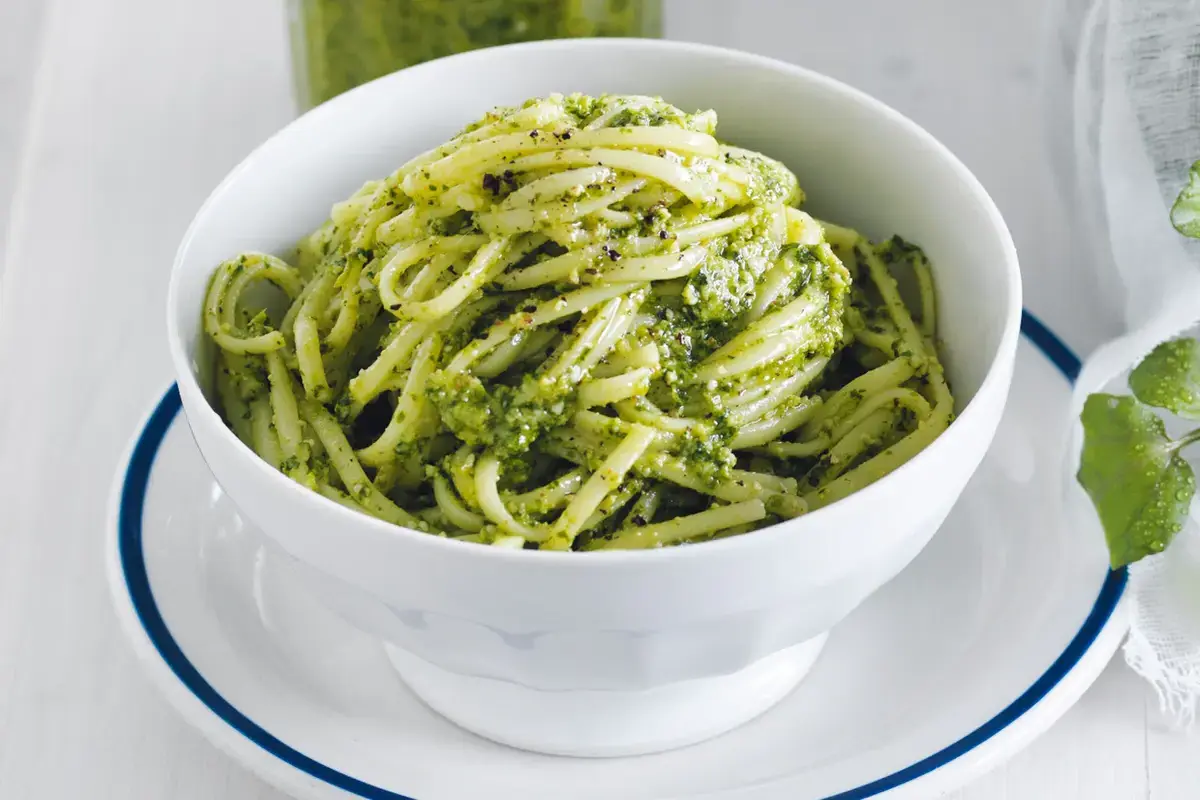The Difference Between Regular Salt and Kosher Salt
Salt is a staple ingredient in almost every kitchen around the world. It not only enhances the flavor of our food but also plays a crucial role in various cooking processes. When it comes to choosing the right type of salt for your dishes, you may have come across different varieties, including regular salt and kosher salt. While both are used to add flavor to food, there are some key differences between the two.
Regular Salt
Regular salt, also known as table salt, is the most common type of salt found in households. It is typically mined from underground salt deposits and undergoes a refining process to remove impurities. This refining process often involves adding anti-caking agents to prevent clumping. As a result, regular salt has fine, uniform grains that easily dissolve, making it ideal for general cooking and baking.
Kosher Salt
Kosher salt, on the other hand, is named for its role in the koshering process of meats, rather than its compliance with the kosher dietary laws. It is made by compacting granular salt crystals, which gives it a coarser texture compared to regular salt. Unlike regular salt, kosher salt does not contain any additives, such as iodine or anti-caking agents. This larger, irregular grain size makes it easier to pinch, which is why it is favored by many chefs for seasoning food.
Key Differences
Now that we understand the basic characteristics of regular salt and kosher salt, let’s delve into the key differences between the two:
- Texture: Regular salt has fine, uniform grains, while kosher salt has a coarser texture with larger, irregular grains.
- Usage: Regular salt is commonly used for general cooking and baking, while kosher salt is preferred for seasoning and finishing dishes.
- Measurements: Due to its larger grains, kosher salt is less dense than regular salt, so you may need to use more kosher salt to achieve the same level of salinity in your dishes.
- Flavor: Some chefs and home cooks believe that kosher salt has a cleaner, milder flavor compared to regular salt, which can be attributed to the lack of additives.
Which One Should You Use?
When it comes to choosing between regular salt and kosher salt, the decision ultimately comes down to personal preference and the specific requirements of the recipe. If a recipe calls for a specific type of salt, it’s best to follow the instructions to achieve the intended flavor and texture. However, if a recipe does not specify the type of salt to use, you can consider the following guidelines:
- If you are looking for a salt to use in everyday cooking and baking, regular salt is a convenient and versatile option.
- For seasoning meats, vegetables, and finishing dishes, kosher salt’s larger grains and clean flavor make it a popular choice among chefs and home cooks.
In Conclusion
While both regular salt and kosher salt serve the same fundamental purpose of enhancing the flavor of food, their differences in texture, usage, and flavor make each suitable for specific culinary applications. Understanding these distinctions can help you make informed decisions when selecting the right salt for your cooking and seasoning needs.
Whether you reach for the fine grains of regular salt or the coarse texture of kosher salt, both varieties can elevate the taste of your favorite dishes when used thoughtfully and in the right context.
Was this page helpful?
Read Next: What Is Saganaki Cheese?











